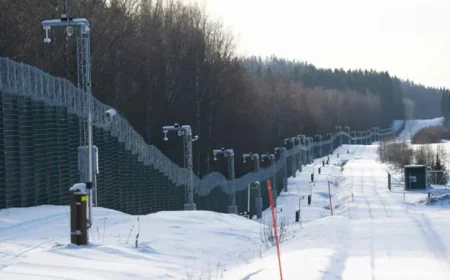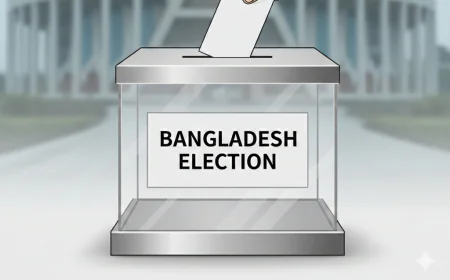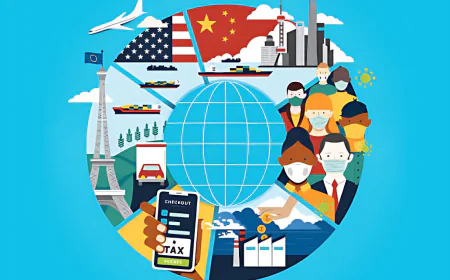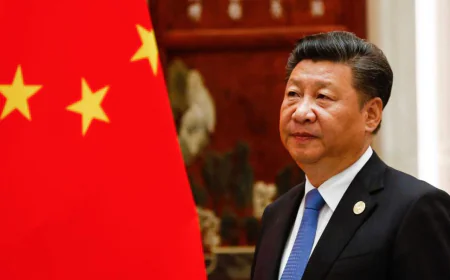Water at the Heart of Climate Action
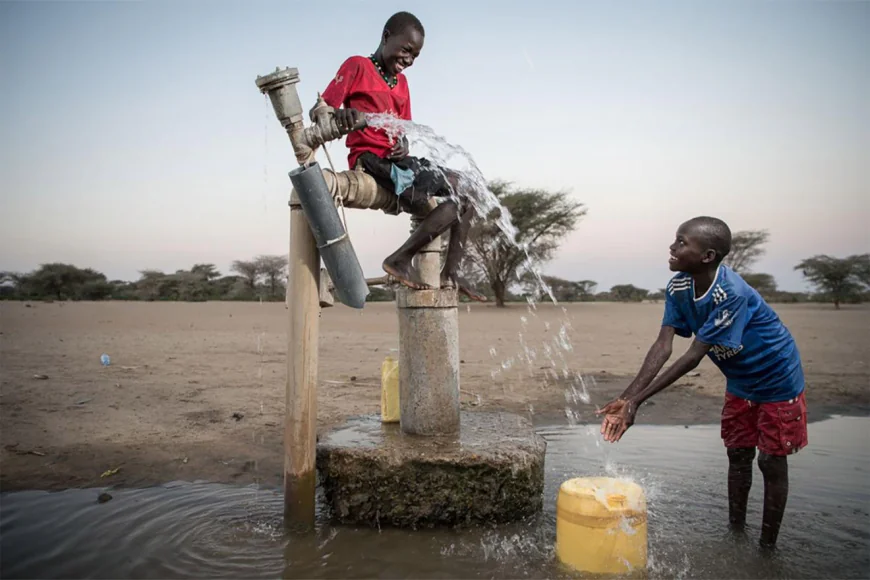
World Water Week 2025, observed from August 24 to 28 in Stockholm and online, arrives at a time when the urgency of the global water crisis can no longer be ignored. The chosen theme, “Water for Climate Action,” is not just a symbolic phrase—it reflects the reality that water is the frontline of the climate emergency. Whether through floods, droughts, melting glaciers, or dwindling aquifers, the signs are clear: climate change is a water crisis before anything else.
The retreat of glaciers, rising seas, and increasingly erratic rainfall patterns show that humanity’s relationship with water is in profound imbalance. The consequences are not limited to natural disasters—they stretch into food security, public health, migration, and economic stability. If global climate policy continues to treat water as an afterthought, the cost will be borne by the most vulnerable communities.
The true meaning of “water for climate action” must translate into three urgent shifts. First, every climate plan, investment, and adaptation measure must be tested against water realities: too much, too little, or too polluted. Policies cannot succeed if they ignore hydrological risk. Second, financial resources must flow to where they are needed most—toward resilient agriculture, clean drinking water systems, flood defenses, and watershed restoration. Third, cooperation across borders is no longer optional. Rivers, aquifers, and storms ignore political boundaries, and so must our strategies.
Equally important is the less glamorous but more impactful work: fixing leaks, maintaining infrastructure, and protecting the ecosystems that supply fresh water. Cities and nations that invest in these basics will withstand climate shocks better than those that build grand projects while neglecting everyday resilience.
For countries on the frontlines—those facing salinity intrusion, erratic rainfall, or river erosion—the lessons of this week are particularly urgent. Planning, budgeting, and governance must place water at the center of climate strategies. Only then can adaptation move from rhetoric to reality.
World Water Week has grown into a platform that connects policymakers, scientists, financiers, and citizens around a single agenda. But its success cannot be measured in speeches or declarations. It will be judged by whether governments go home and reshape their national priorities, by whether utilities improve services, and by whether communities gain real protection from water-related risks.
Water is not just one element of the climate story—it is the stage on which the entire crisis unfolds. Recognizing that truth, and acting upon it, is the only way forward.









